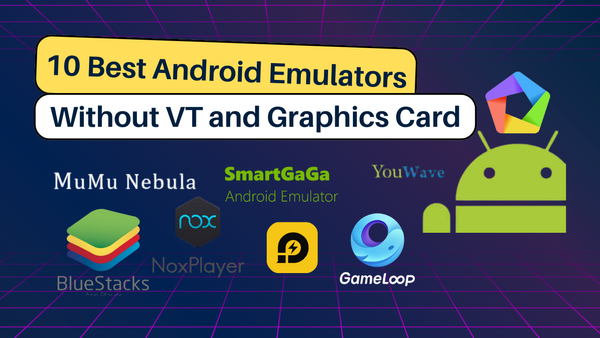svchost.exe, short for Service Host, is a core system process in Windows 11 that acts as a container for multiple Windows services. These services, implemented as dynamic-link libraries (DLLs), are essential for various functions such as networking, security, printing, and more.
Understanding how svchost.exe works can help users
